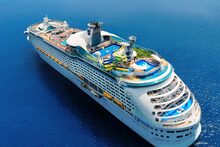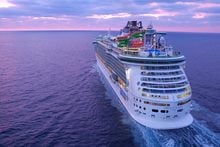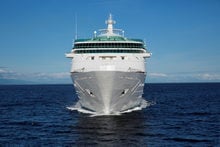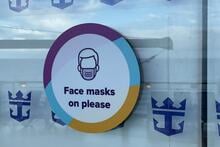Royal Caribbean's Public Health & Chief Medical Officer, Dr. Calvin Johnson, spoke to travel agents on Wednesday about what the cruise line has to do in order to obtain approval to start sailing again.
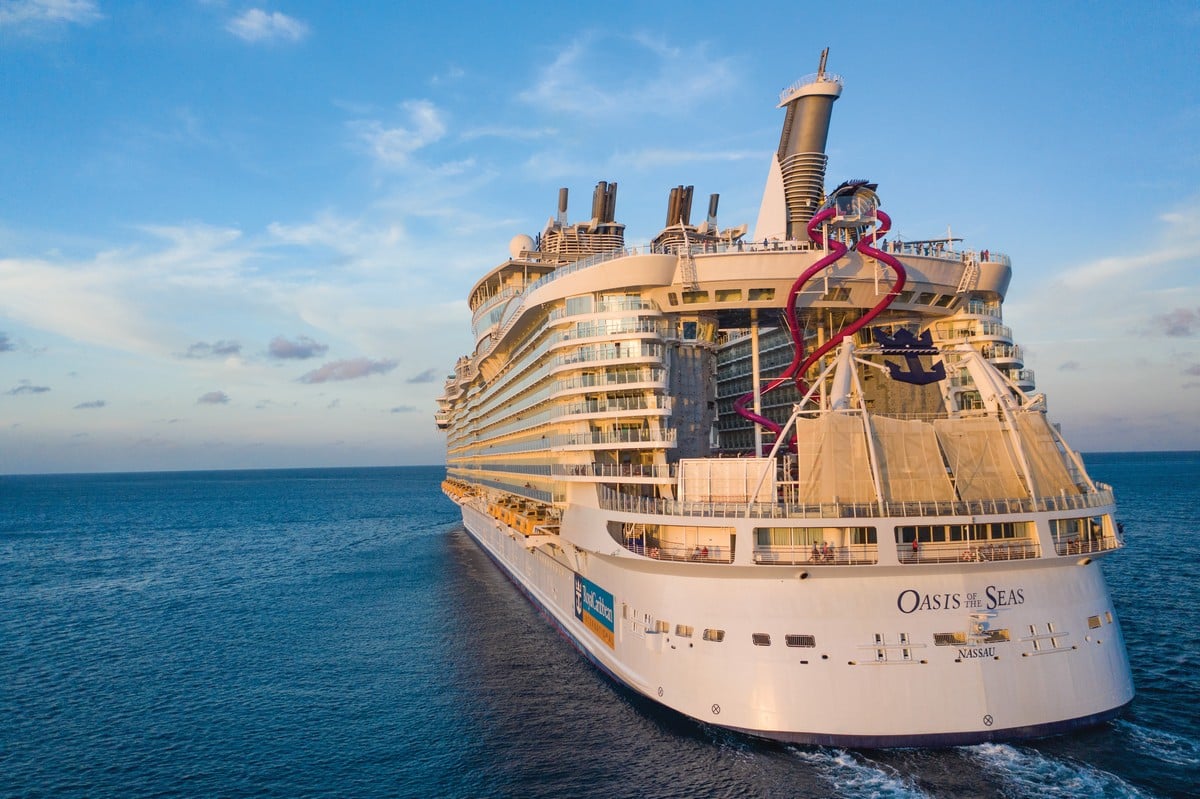
In a webinar, Dr. Johnson spoke about what the new “framework for conditional sailing” order by the U.S. Centers for Disease Control and Prevention (CDC) means, and what steps are required to be completed.
Dr. Johnson said the first phase of the framework is to establish a baseline for cruise lines and their ships to demonstrate that the ships are free of the virus onboard.
Another step is the requirement to have simulated voyages, that allow Royal Caribbean to test the new protocols that are going to be put into place.
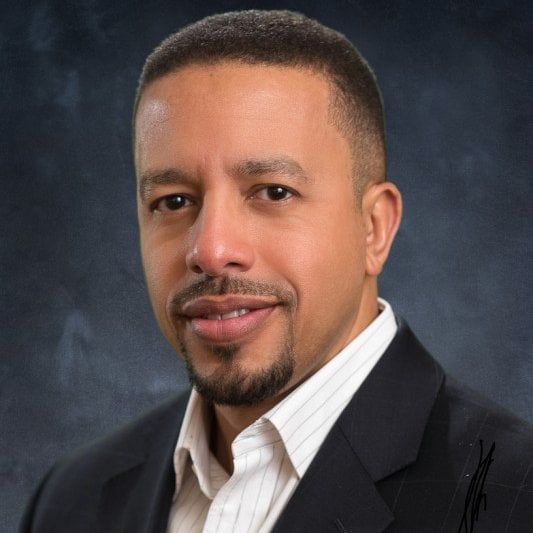
Dr. Johnson and his team worked very hard in order to take the Healthy Sail Panel's 74 recommendations and turn them into cruise line specific rules for any sailing.
"The way that we at a Royal Caribbean group have moved to operationalize those has been through creating very, very specific and detailed operational protocols, how we will do things as a cruise line in order to make sure that we're focusing on those safe aspects and those elements that will help make cruising safer."
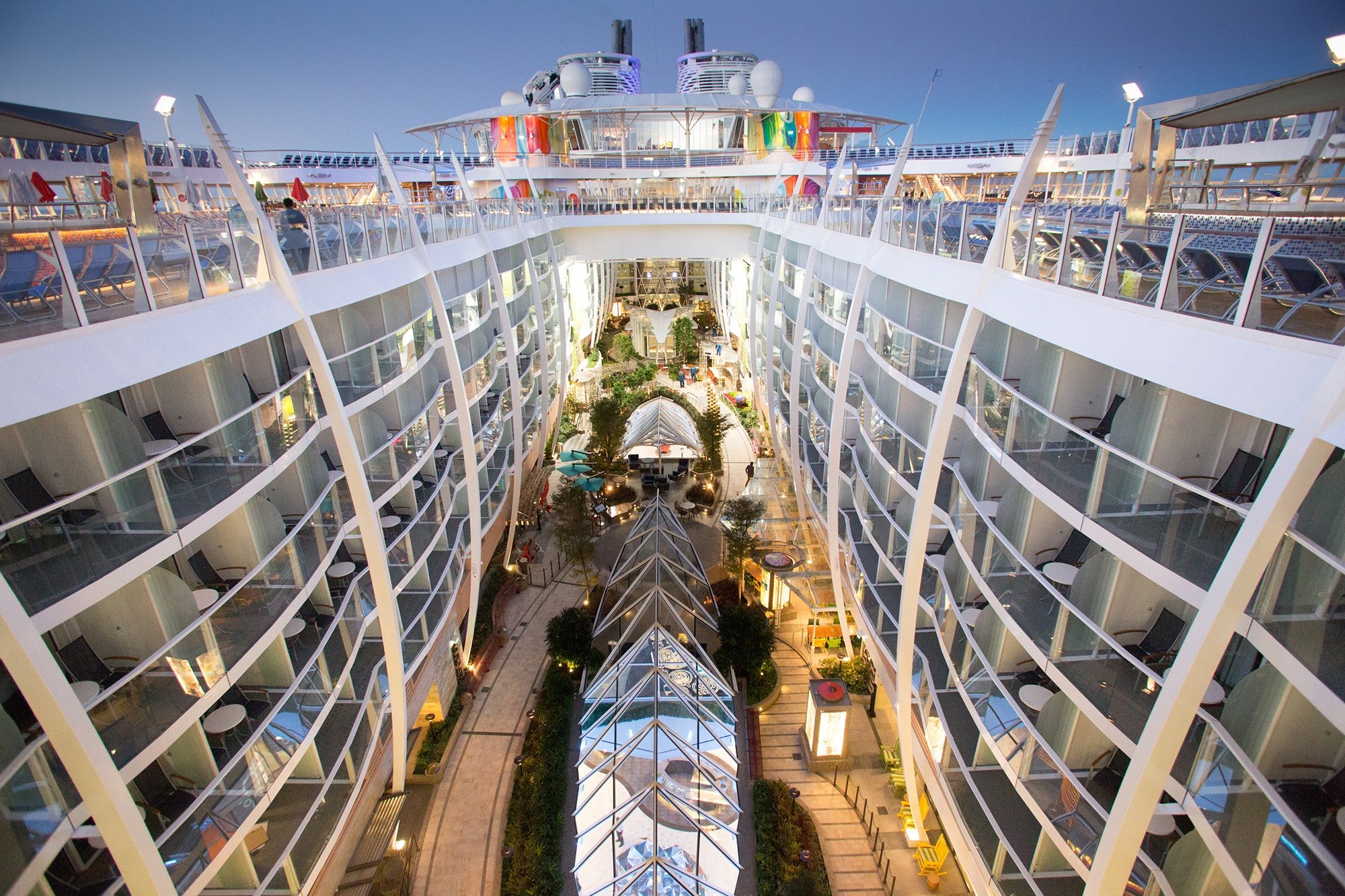
Dr. Johnson said these operational protocols fall into five large categories:
1. Prevention: What you do up front to make sure as best you can to keep the virus from ever even getting on the ship.
"Being one hundred percent in keeping virus out of anywhere is is a daunting task and may not happen. But what you can do is minimize the risk of a virus spreading it."
2. Mitigation efforts: What do you do if the wind virus is on board? How quickly can you identify it?
"How do you identify them? How do you identify those who they may have been in contact with? How do you contain them and then get them to the appropriate level of care, isolating them from being able to to spread or infect others and ultimately inappropriately getting them off the vessel and into the appropriate level of care, whether that is just quarantining or isolating at home or in a hotel or if they're sick and getting them to hospital and appropriate medical care."
3. Protecting the destinations: How do we ensure that we're protecting the destinations and those nations in those ports that we that we sail to?
"We don't want to bring any illness or disease or risk to our partners. That requires and working on on both on both ends, their responsibility and our responsibility to ensure that we're creating a safe environment for all involved."
4. Mobilization: How do you effective and appropriately then get folks to the care that they need?
5. Validation: How do you ensure that they're actually being done properly and actually making a difference?

In going through those five key areas, Dr. Johnson said Royal Caribbean came up with over 122 specific protocols to move towards safer sailing.
"One hundred twenty two protocols and actually almost three hundred specific policies added on, in addition to to what we already had some policies improved to change."
Dr. Johnson also echoed a sentiment shared by other Royal Caribbean Group executives that cruises will only begin when the cruise line feels it is safe to do so, and there is no rush back.
"That means not going back to sailing before we're ready to go back to sailing, not going back to sailing before we feel it is is safe to do so."
Vaccine outlook
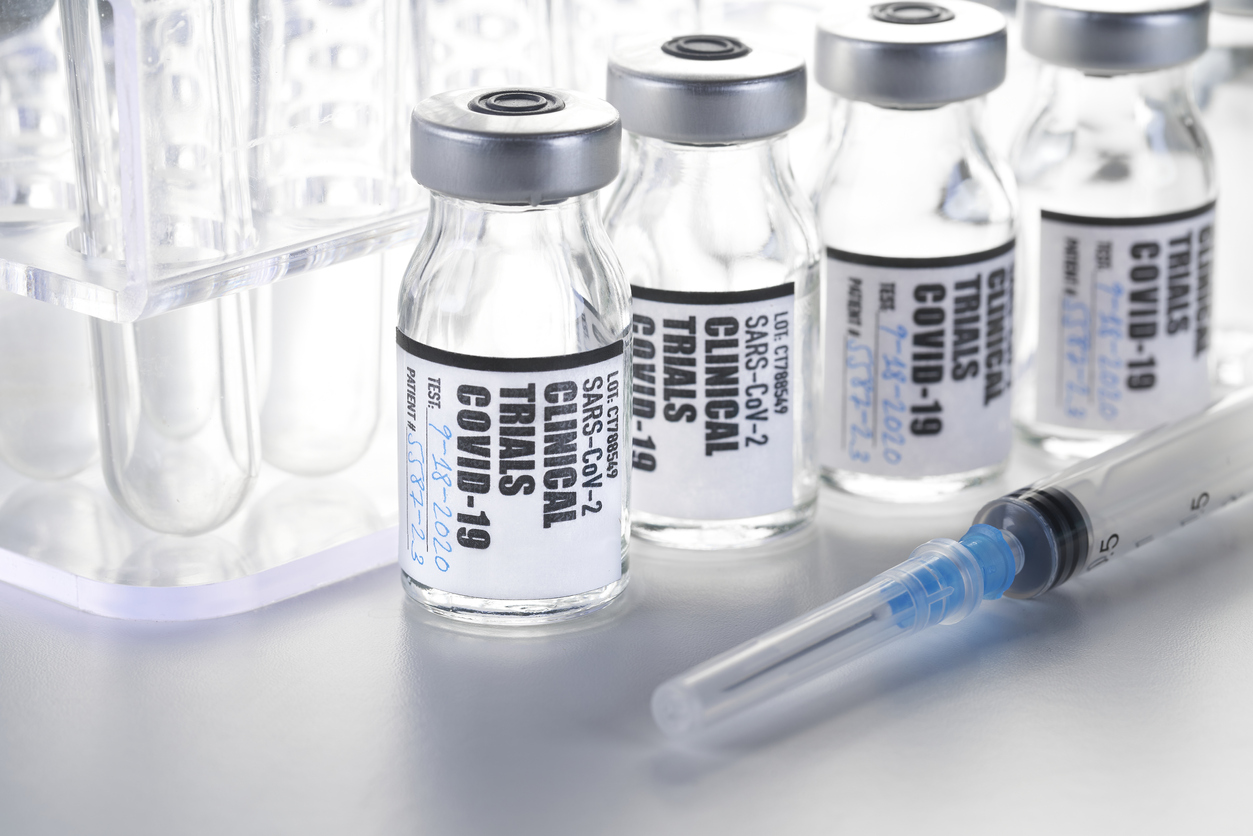
Dr. Johnson was asked about his thoughts on some of the amazing trial results two different vaccines have reported recently.
Dr. Johnson said the vaccines have a long history of being "transformative in terms of both health, health care and public health," and thinks what is currently happening with the trial vaccines is "an incredibly exciting time".
"The fact that vaccines have we've gotten to this point in terms of vaccine development... is very, very encouraging."
"Those protections and processes that have been in place for vaccines in the past, still looking to ensure through the data that that these vaccines that are moving forward now are, in fact, safe and effective."
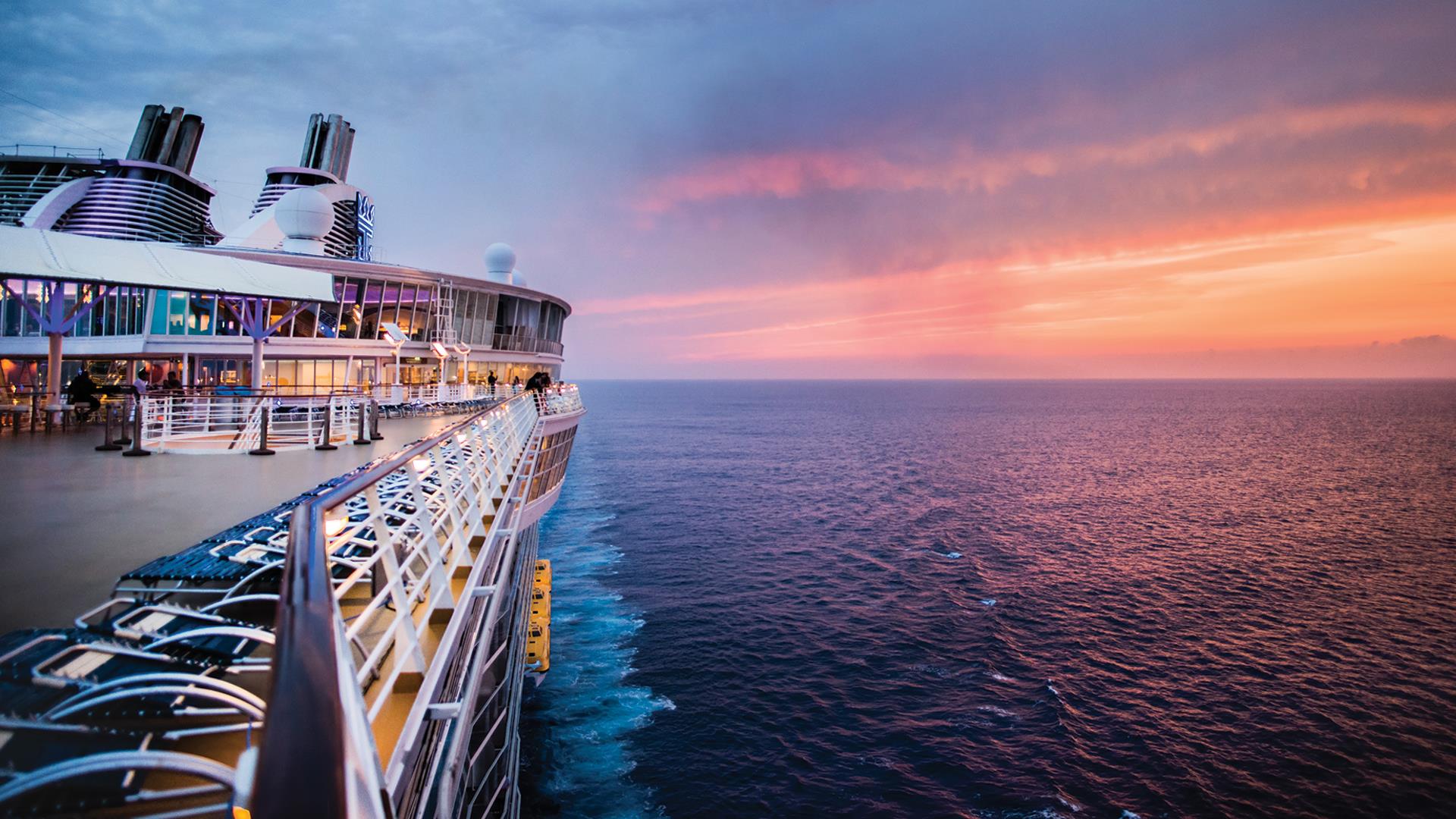
He added that there is still more information we can learn in the last phase of the vaccine development that we should pay close attention to, "to ensure that these vaccines continue to be safe and that their effectiveness seems to continue to be such that they will have an impact on limiting the severity and the duration of this illness."



